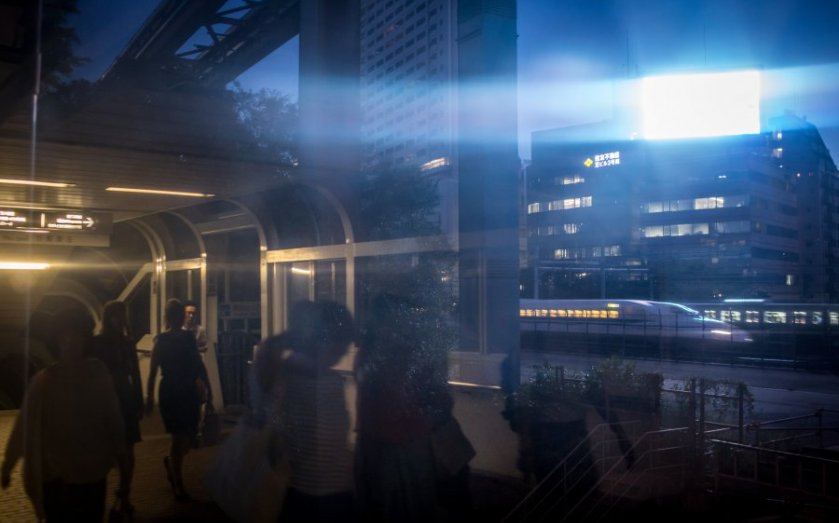-
Tips for becoming a good boxer - November 6, 2020
-
7 expert tips for making your hens night a memorable one - November 6, 2020
-
5 reasons to host your Christmas party on a cruise boat - November 6, 2020
-
What to do when you’re charged with a crime - November 6, 2020
-
Should you get one or multiple dogs? Here’s all you need to know - November 3, 2020
-
A Guide: How to Build Your Very Own Magic Mirror - February 14, 2019
-
Our Top Inspirational Baseball Stars - November 24, 2018
-
Five Tech Tools That Will Help You Turn Your Blog into a Business - November 24, 2018
-
How to Indulge on Vacation without Expanding Your Waist - November 9, 2018
-
5 Strategies for Businesses to Appeal to Today’s Increasingly Mobile-Crazed Customers - November 9, 2018
PM Modi’s decisions fast like bullet trains, reliable too: Shinzo Abe
“For the first time Japan will import cars from India and Maruti will manufacture it”, he said while addressing the India-Japan Business Leaders Forum here.
Advertisement
According to India’s Foreign Secretary, New Delhi and Tokyo signed a defense deal Saturday.
PM Abe said that a strong India was in japan’s interest.
A memorandum was signed between the two sides for comprehensive technological cooperation including sharing of information and best practices between both countries. A high speed bullet train between Delhi and Ahmedabad, which had been in the works since Modi’s visit to Japan previous year, was clinched on Saturday.
Modi’s reforms programme came in for high praise with Abe saying, “Prime Minister Modi’s speed of implementing policies and reforms is like Shinkansen (bullet train) and his reform agenda is as safe as Shinkansen“.
As he arrived in India Friday, Prime Minister Abe flagged the importance of their growing security ties, writing in an editorial in the Times of India that “in order to maintain an open, free and peaceful sea, it becomes important more and more for there to be collaboration between Japan and India, as well as the global community including the U.S”. Terming the defence pacts “decisive steps in our security cooperation”, Prime Minister Narendra Modi said they will deepen defence relations and promote defence manufacturing in India. “He has been prompt and positive on our economic proposals many of which are now unique to India”, Modi told the media.
Japan committed another $12 billion for “Make in India” initiative after inking far-reaching pacts on defence and nuclear energy. “Japan will continuously offer cooperation for the development of India with the government and private sector working together”.
In a joint statement the two prime ministers mentioned the South China Sea and “called upon all states to avoid unilateral actions that could lead to tensions in the region”. After the talks, Modi also announced that “Recognising our special relationship, India will extend “visa on arrival” to all Japanese citizens from 1st March 2016″.
The two countries also agreed to explore future projects on defence technology transfer, including on Japanese-made US-2 amphibian aircraft.
Modi said that India-Japan MoU on civil nuclear cooperation was “more than just an agreement for commerce and clean energy”. Mr Modi also tweeted that a convention centre would be built in Varanasi with Japanese assistance.
Other business leaders who attended the meeting included Bharti Enterprises chairman Sunil Bharti Mittal, ICICI Bank MD Chanda Kochhar, Essar Group chairman Shashi Ruia, CII president Sumit Mazumder, Ficci president Jyotsana Suri and Assocham president Sunil Kanoria. They also supported the strengthening of worldwide cooperation to address the challenges of nuclear proliferation and nuclear terrorism.
Advertisement
India, which has 21 nuclear power plants, has ambitious plans to quadruple its current 5,000 megawatts of nuclear power to 20,000 megawatts by 2020 to fuel the energy demands of its booming economy. Now we will have nuclear trade with them.





























